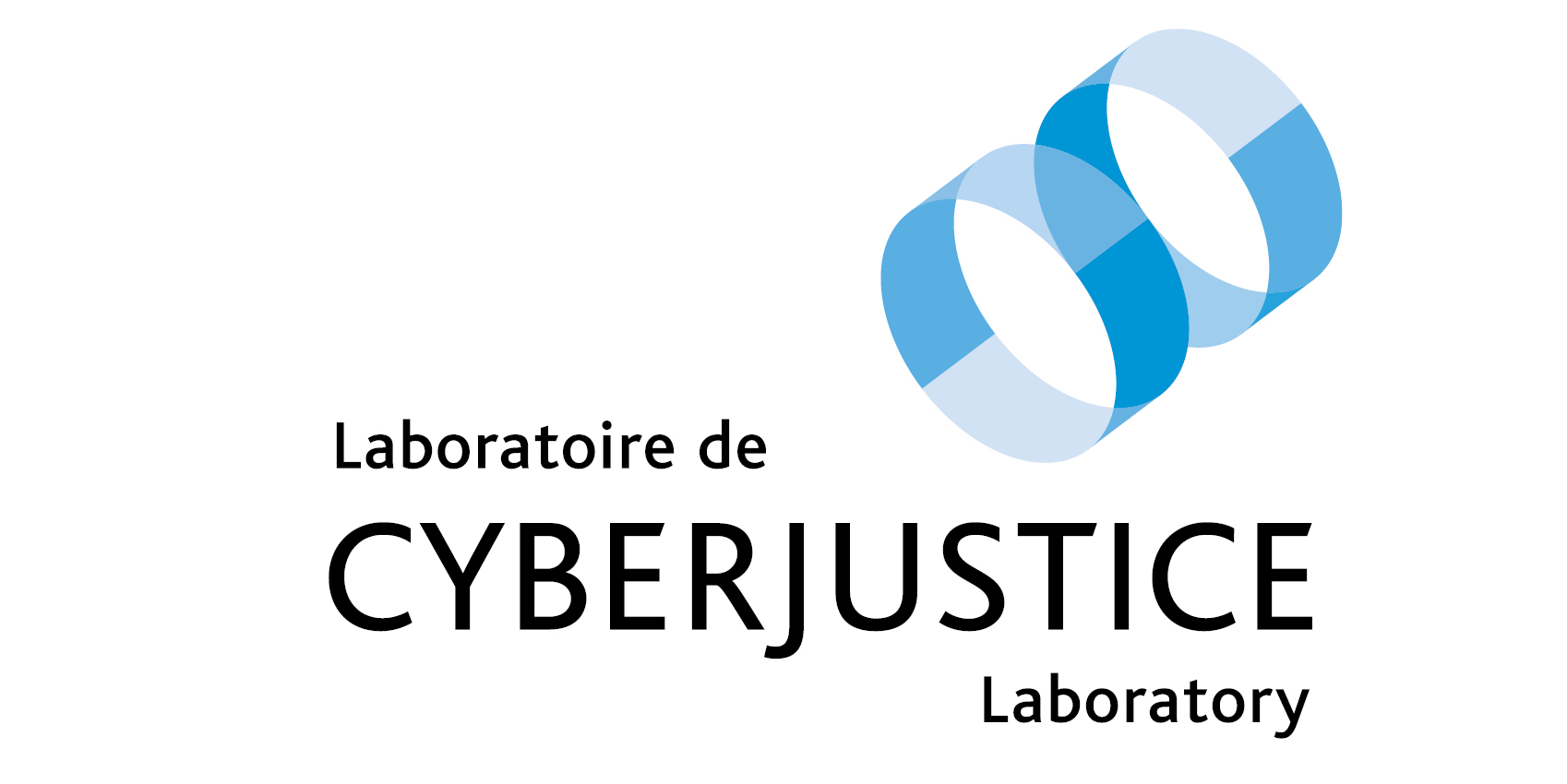Blogue | Page 12
Blogue
Découvrez le dernier billet SLAW de Karim Benyekhlef & Nicolas Vermeys «Ontario’s First Online Tribunal»
19 décembre 2017 Karim Benyekhlef / Nicolas Vermeys
In our last column, we announced that, over the coming months, we would share the results of the research conducted by members of the Towards Cyberjustice project. Although this is still planned for future entries, we chose to postpone these posts to take the time to underline an important moment in the field of online […] Lire la suite
Blogue
Why you should care that our civil-justice system is broken
Canada is consistently touted as one of the best countries in which to live, but it ranks an unimpressive 112 out of 190 countries according to the World Bank’s enforcing contracts indicator. For good reason: Our civil-justice system is on the fritz. Litigating a civil claim (e.g. contract claim, property rights claim, etc.) can take […] Lire la suite
Blogue
Legal Apps and Access to Justice in Canada
Three University of Ottawa law professors have uploaded an article entitled Mobile and Web-Based Legal Apps: Opportunities, Risks and Information Gaps to the SSRN website: « Mobile and web-based apps are one technology with the potential to improve access to justice, either by helping lawyers increase the efficiency of service delivery or by reducing the need […] Lire la suite
Blogue
How ODR Can Benefit From R. v. Jordan… How R. v. Jordan Can Benefit From ODR by Karim Benyekhlef & Nicolas Vermeys
11 avril 2017 Karim Benyekhlef / Nicolas Vermeys
As most lawyers would agree, few recent court cases have had the impact of last year’s Supreme Court decision in R. v. Jordan. A quick look at the CanLII website tells us that it has already been cited in over 200 other decisions in the 8 months since it was rendered and many court administrators […] Lire la suite
Blogue
Robots Could Make the US Supreme Court More Transparent
Predicting the outcome of Supreme Court decisions has long been a favorite parlor game for political scientists, attorneys, and legal-system junkies. People have built statistical models, predictive algorithms, and flow charts, and have used machine learning to try to guess what the justices will decide. Some of these models are reliable. Several of them make […] Lire la suite
Blogue
The Dangers in Rise of Self Represented Litigants
The increase in the number of self-represented litigants demonstratesd the need for a “wide ranging” examination on the barriers to accessible justice, the New Zealand Law Society president Chris Moore has said. Reports about increasing court costs and other barriers to justice are leading to a significant increase in self represented litigants, which is increasingly […] Lire la suite
Blogue
La longue route du logiciel libre au Québec
Blog sur l’informatique libre au Québec tenu par Cyrille Beraud Il n’est pas possible de nous soustraire à l’ordre « corrompu » de l’État : y introduire une torsion supplémentaire, y inscrire notre fidélité à un Événement, voilà ce qui nous reste. Nous demeurons alors dans les frontières de l’État mais nous faisons fonctionner l’État de façon […] Lire la suite
Blogue Nouvelles
Les facettes Technologiques du NCPC : le protocole de l’instance de l’avenir (7/7)
Par Antoine Guilmain (Ph.D. Candidate in Law (LL.D.) Université de Montréal and Université Paris 1) « Ne pas planifier, c’est programmer l’échec. » (Auteur inconnu, mais plein de bon sens !) Depuis plusieurs années, l’entente sur le déroulement de l’instance est devenue la pierre de touche de la procédure civile. Comme le résume le juge François […] Lire la suite
Blogue Nouvelles
Le règlement des différends en ligne percera-t-il dans le milieu de la justice au Canada?
Blogue du projet AVENIRS de l’Association du barreau canadien Lire la suite
Blogue
Les facettes technologiques du NCPC : La signification et la notification technologique (5/7)
Par Antoine Guilmain (Ph.D. Candidate in Law (LL.D.) Université de Montréal and Université Paris 1) « Audi alteram partem »… Encore une veritas qui est utilisée ad nauseam pour justifier la moindre ratio legis, me direz-vous ! Et bien, pas cette fois. Cet adage entretient un lien de filiation flagrant avec l’obligation de signifier les actes de procédure […] Lire la suite
